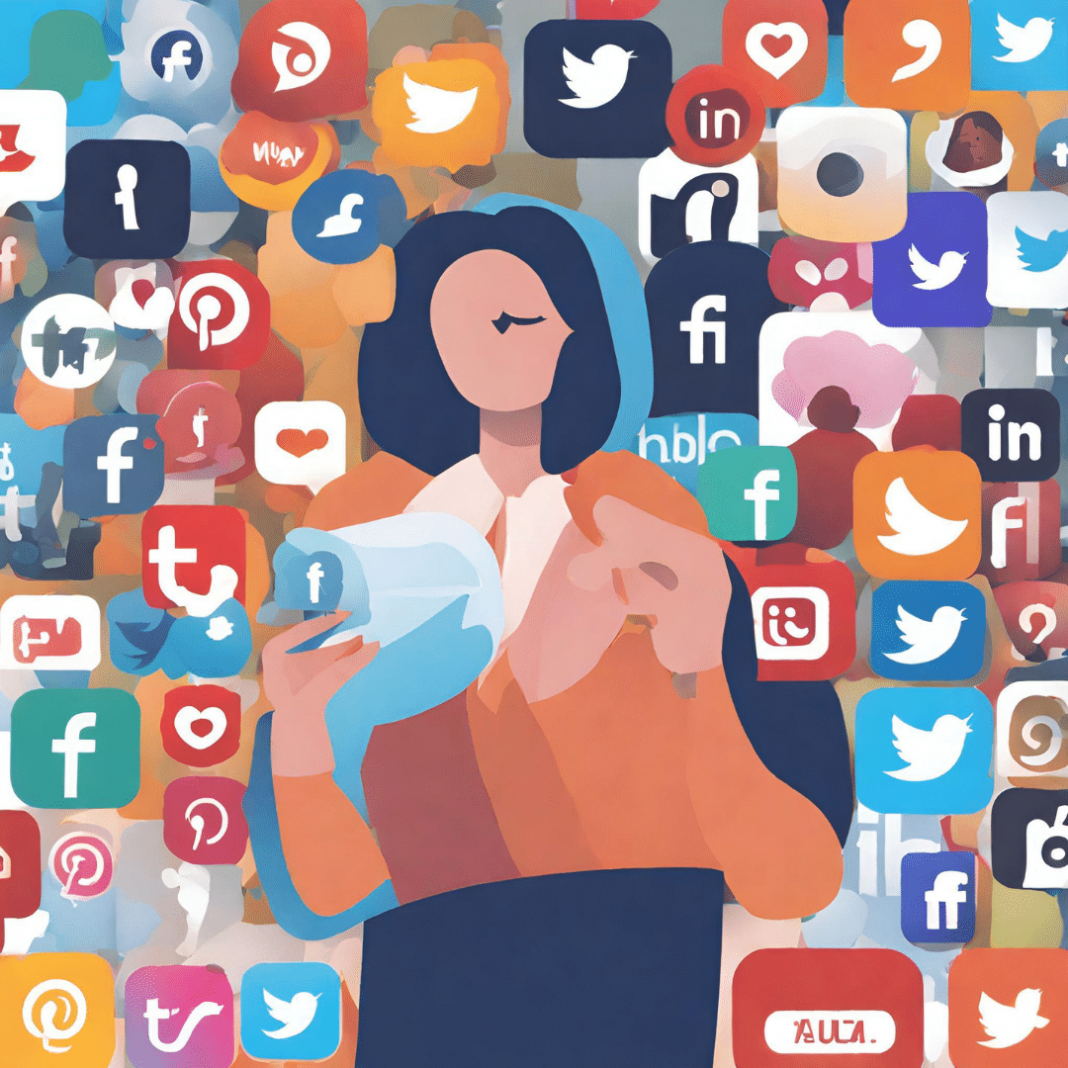Social media plays a significant role in modern society and has the power to have a positive or negative impact on mental health. On one hand, it can provide valuable access to information, enable social connectivity and engagement, and foster feelings of belongingness and inclusion. On the other hand, it can also contribute to feelings of stress, anxiety, and isolation.
Social media can have many benefits, including providing access to information, facilitating social connectivity and engagement, and promoting feelings of belongingness and inclusion. By offering a platform for individuals to freely express themselves and connect with others, social media can lead to the development of strong relationships and a greater sense of community.
Furthermore, access to information can be invaluable for staying informed, exploring new ideas, and forming meaningful connections. Additionally, sharing experiences and staying connected with others can promote feelings of inclusion and improve self-esteem and wellbeing. However, social media can also have a negative impact on mental health, especially in issues of depression and anxiety.
There is a pressure in social media where we are required to present a perfect and curated version of ourselves on social media platforms. If this is experienced continuously and in the long term and affects our mental health. We want to present a perfect version of ourselves on social media for a reason, usually we unconsciously compare our lives with the lives of other people who appear perfect on social media. This leads to feelings of inadequacy, low self-esteem and insecurity.
Other negatives that we can encounter on social media are cyberbullying, trolling and other forms of online harassment, which can lead to feelings of isolation, depression and low self-esteem. Social media also impacts our mood, energy levels and sleep patterns if we use it too long or excessively.
One way to improve mental health is to do a Digital Detox. There are many benefits to doing this, the first being that we can experience improved mood and well-being due to reduced comparison with others and improved self-image. We can also increase time spent interacting directly with others, which can improve social skills and reduce feelings of isolation. Reducing social media use can reduce stress and anxiety as less social interaction means less chance of conflict.
Increased creativity and productivity as less time is spent interacting with social media and more time is spent on creative and productive activities. If we are required to be active on social media, there are some social media moderation and risk management for mental health that are essential in protecting users from potential risks. Limiting excessive screen time and ensuring time limits are set on social media platforms.
We can also monitor and manage interactions with others, such as unfriending or blocking harmful users. Ensure access to reliable information, fact-checking and verification before sharing content.
To promote mental health, social media platforms and users should prioritize the cultivation of respectful and supportive interactions, promote quality content and responsible engagement practices, and provide access to mental health and support resources. Be wise in using social media so that it does not adversely affect our mental health. Indeed, surfing the internet is fun, but if it has disturbed your peace, it should be limited or in moderation.

